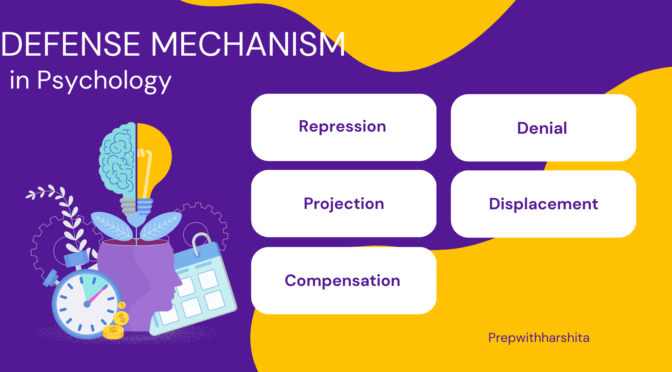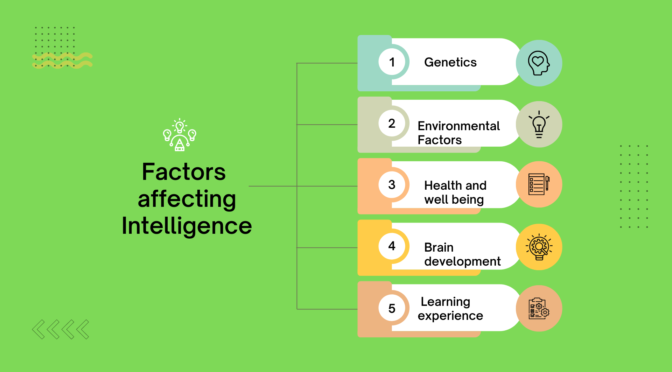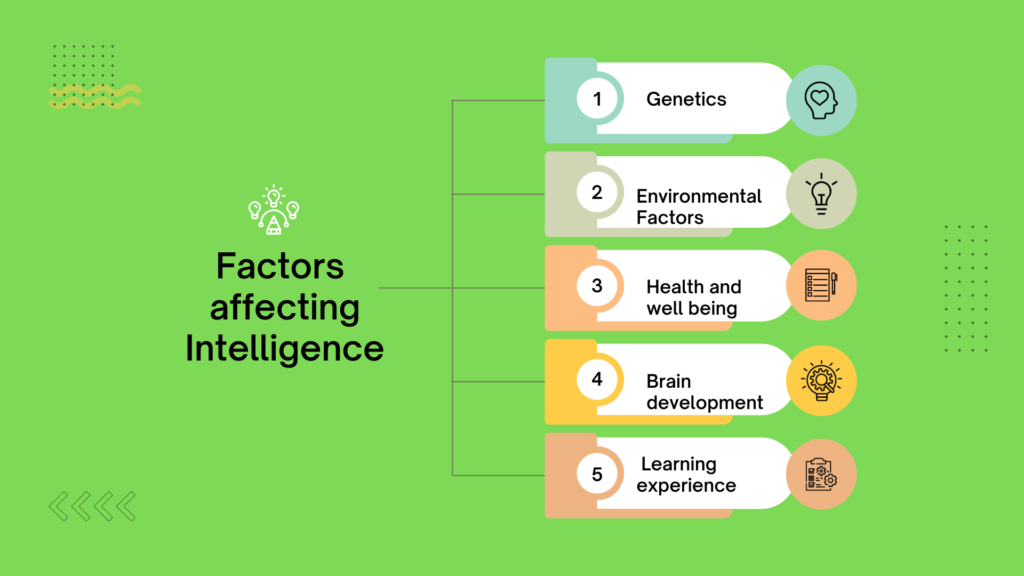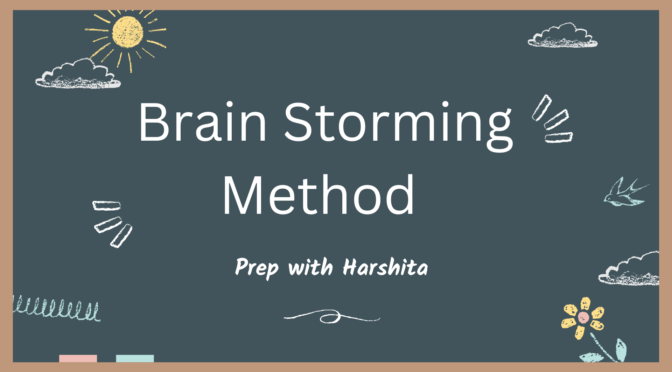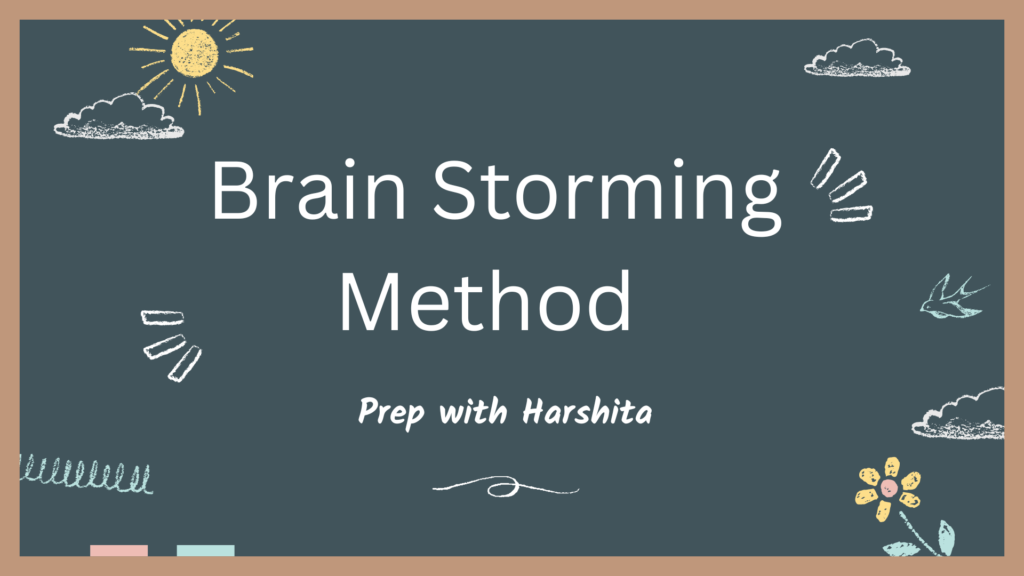The whole language approach is an educational philosophy and instructional method for teaching language and literacy skills. It gives the importance of language as a whole, including reading, writing, speaking, and listening, rather than focusing on individual skills in isolation or single-handedly.
The whole language approach emphasizes the importance of meaning in language learning. This means that language is learned through authentic experiences that are relevant and meaningful to the learner, such as reading and writing for real purposes, rather than isolated drills and exercises.
In the whole language approach, language is learned through meaningful and authentic experiences, such as reading and writing for real purposes, discussing and sharing ideas, and engaging in authentic communication.
The emphasis is on language as a tool for communication and expression, rather than simply as a set of skills to be mastered.
This approach focuses on the importance of creating a language-rich environment, both in the classroom and in the wider community. This includes exposure to a variety of texts, including literature, informational texts, and multimedia, as well as opportunities for students to engage in authentic writing experiences.
Critics of the whole language approach argue that it does not provide enough emphasis on basic skills, such as phonics and spelling, which are important for building a strong foundation in reading and writing. However, proponents of the approach argue that these skills can be learned naturally through exposure to language in meaningful contexts, without the need for isolated instruction.
Also Read: Peer Support program
The whole language approach to language teaching focuses on the process of language learning, rather than just the final product. This means that students are encouraged to take risks and make mistakes, as these are seen as a natural part of the learning process.





